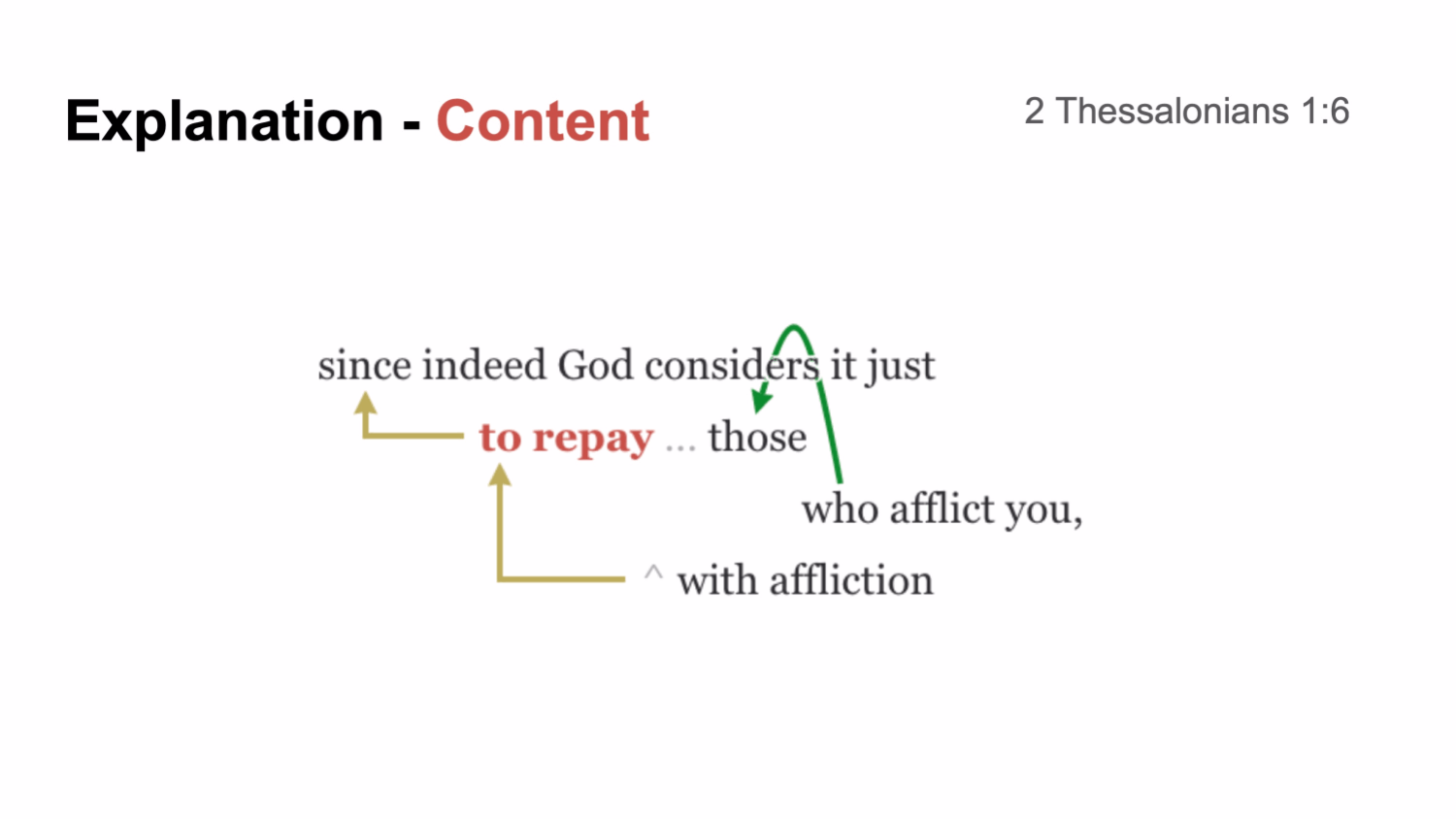Lesson 8 | Digging Deeper into Verbal Phrases, Part 2
Infinitive Phrases
The fourth type of verbal phrase is an infinitive phrase. This is nothing more than a phrase that begins with an infinitive.
To find an infinitive, first look for the word “to.” But be careful, because not every occurrence of the word “to” means there’s an infinitive! “To” can also be a preposition. If a noun follows the word “to,” then “to” is a preposition, not an infinitive. But if a verb follows the word “to,” then “to” combined with the verb make an infinitive.
The infinitives in the following passage of Scripture, Proverbs 1:2-6, are marked in bold.
To know wisdom and instruction, to understand words of insight, to receive instruction in wise dealing, in righteousness, justice, and equity; to give prudence to the simple, knowledge and discretion to the youth— Let the wise hear and increase in learning, and the one who understands obtain guidance, to understand a proverb and a saying, the words of the wise and their riddles.
Each of the above infinitives in verses 2-4 and in verse 6 above modify the verbs “hear,” “increase,” and “obtain” in verse 5.
On the Phrasing Relationships cheat sheet, there are two major relationships that an infinitive phrase can have with its anchor phrase, marked with the letter “I.” Let’s briefly explore each relationship below, with scriptural examples to aid your understanding.

Naomi and her daughters-in-law arose for the purpose of returning from Moab to Bethlehem.

In this relationship, the infinitive acts as the subject or object of its anchor phrase. In the example above, “to repay … those who afflict you” is the object of the verb “considers.” What does God consider to be just? Repaying persecutors.